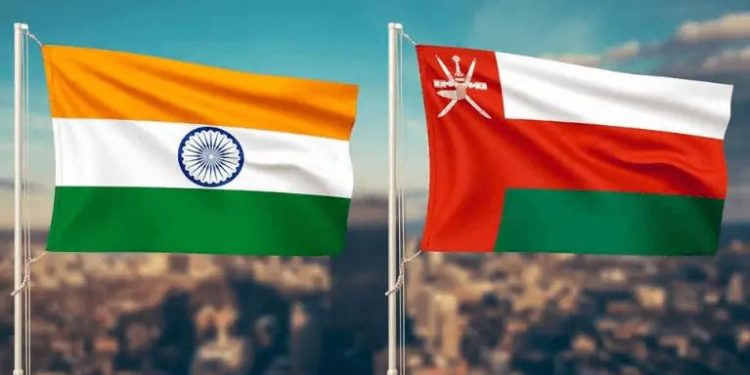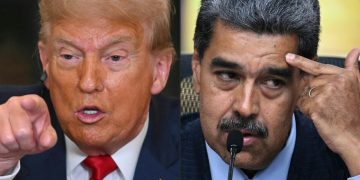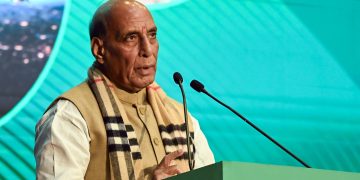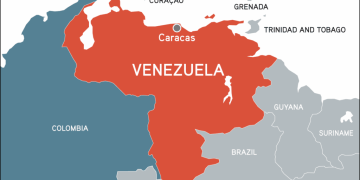New Delhi: The government Tuesday said negotiations for India-Oman comprehensive free trade agreement (FTA), which would help boost bilateral trade and investments, have been concluded.
In a written reply to the Lok Sabha, Minister of State for Commerce and Industry Jitin Prasada said India has signed 15 free trade agreements (FTAs) and six preferential trade agreements to date.
“Negotiations for India-Oman Comprehensive Economic Partnership Agreement (CEPA) have been concluded,” he said.
The talks for the agreement, officially termed as CEPA, formally began in November 2023.
In such agreements, two trading partners either significantly reduce or eliminate customs duties on a maximum number of goods traded between them. They also ease norms to promote trade in services and attract investments.
Oman is the third-largest export destination for India among the Gulf Cooperation Council (GCC) countries.
India already has a similar agreement with another GCC member, the UAE, which came into effect in May 2022.
He also said revenue is notionally impacted for both partner countries of the FTA with tariff reductions.
“This is expected to be offset in the medium to long term by increased trade volumes, investment flows, enhanced competitiveness of Indian exports, and overall economic growth,” he said.
He said FTAs are negotiated with the endeavour to deliver a comprehensive, balanced, broad-based and equitable agreement based on the principle of fairness and reciprocity.
“It also ensures a level-playing field for Indian exporters vis-a-vis their competitors in the trading partner countries,” the minister said, adding that to protect the interests of the domestic industry, FTAs provide for maintaining sensitive, negative or exclusion lists of items on which limited or no tariff concessions are granted.
In addition, in case of surge in imports and injury to the domestic industry, a country is allowed to take recourse to trade remedial measures such as anti-dumping and safeguards on imports within the period as mutually agreed to by the parties under these agreements, Prasada said.
In a separate reply, he said India has signed five free trade agreements (FTAs) with its trading partners since 2020. It included Mauritius, the UAE, Australia, European Free Trade Association (EFTA), and the UK.
For the India-Australia trade pact, he said exports have increased 14 per cent and 8 per cent in 2023-24 and 2024-25, respectively.
In another reply, he said the Department of Commerce is engaging in negotiations and reviews on trade agreements on an ongoing basis.
Before entering into new FTA negotiations, a Joint Study Group is set up to study the feasibility of the proposed FTAs or an independent study is conducted, including their impact on the domestic industry.
The government ensures that wide stakeholder consultations are held at all stages of the negotiations. This includes the pre-negotiation phase, each round of negotiations, and the post-conclusion phase, during the implementation of the agreements.
Through these sector-specific consultations, domestic sensitivities and interests of farmers, MSMEs, are carefully considered during the negotiations.
The aim of FTAs is to generate benefits for industry, farmers, MSMEs, and create job opportunities.
“FTAs are negotiated with the endeavour to deliver a comprehensive, balanced, broad-based and equitable agreement based on the principle of fairness and reciprocity. It also ensures a level playing field for Indian exporters vis-a-vis their competitors in the trading partner countries,” he said.
PTI






































